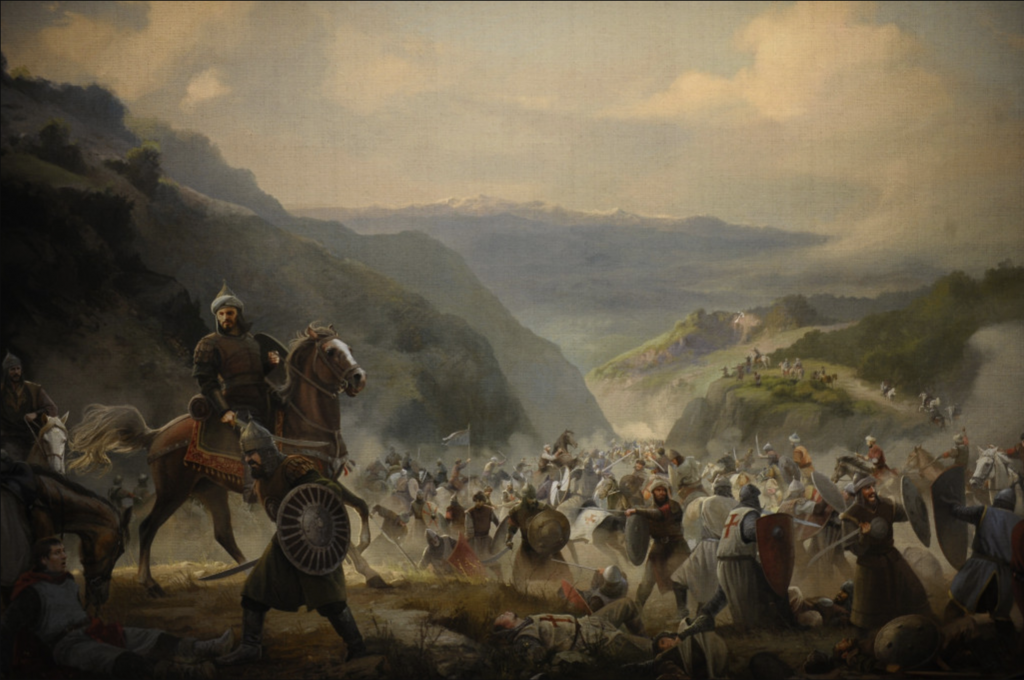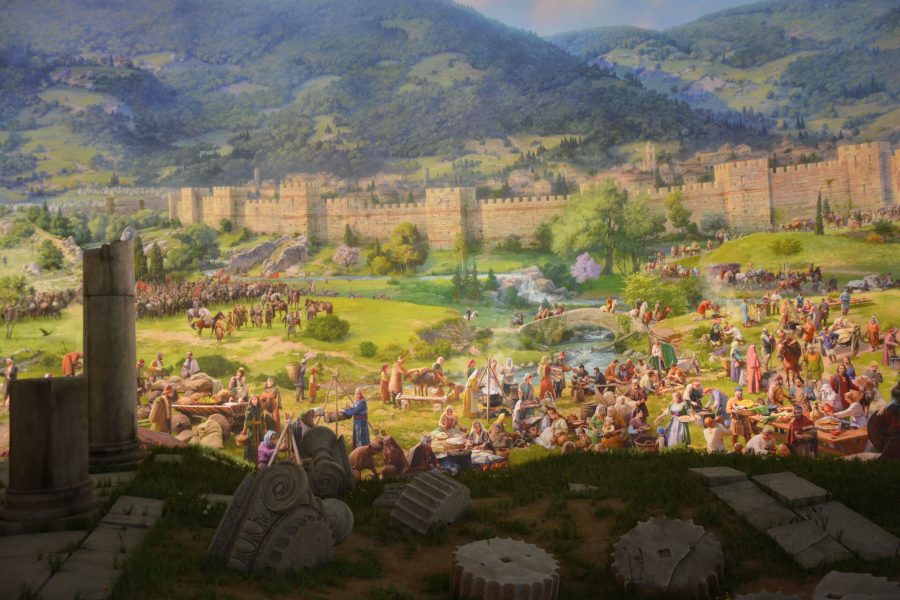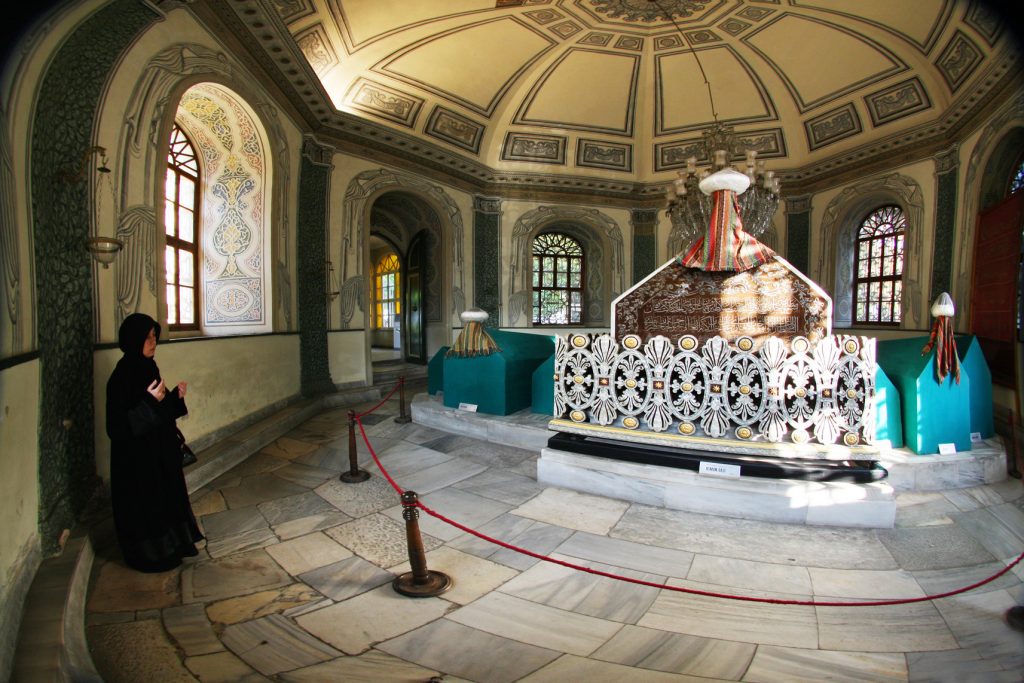He built the foundations of an Islamic empire that would expand over 3 continents and rule for more than 600 years.
His name was Osman and he was the founder of the Ottoman Empire.
Osman Gazi, the son of Ertuğrul, was born in 1258, the year of the Mongol siege of Baghdad. His father had ruled a small territory as Bey in Söğüt, defending the Seljuk border against Byzantine attacks.
When Ertuğrul Bey passed away, Osman became the leader of the Kayı tribe and started to expand the borders of his father’s territory. Osman Gazi became known as an expert in war and peace, and with the Mongols wreaking terror across Anatolia, many refugees found a home in the Beylic of Osman, increasing the number of warriors in his tribe.

According to legend, Osman had a dream in which the branches of a tree grew out of him and covered areas in Europe, Asia and Africa. A wind blew which pointed the leaves of the tree towards Constantinople, the future capital of the Ottoman Empire.
Around ten years after he became Bey, Osman symbolically created an independent state when he refused the tribute payment to the Mongol emperor and began a long conflict for Byzantines lands.
Osman and his men captured the key forts and cities of Eskişehir, İnönü, Bilecik, and eventually Yenişehir, where he established a capital for the new Ottoman state. This gave the Ottomans a strong base to lay siege to Bursa.

Although Osman had been rapidly acquiring lands since 1288, they were mainly rural with nomadic peoples. 1326 marked a turning point with the death of Osman, who lived just long enough to hear of the surrender of Bursa after a 5 year-long siege. He made it the capital of the Ottoman State, which made it a key player in the events affecting the Middle East, Europe and Africa.
According to legend, this was Osman’s final piece of advice to his son, Orhan:
My son, I am dying; and I die without regret, because I leave such a successor as you. Be just; love goodness, and show mercy. Give equal protection to all of your subjects, and extend the law of the Prophet (saw). Such are the duties of princes upon earth; and it is thus that they bring on them the blessings of Heaven.
As a ruler and commander, Osman received great loyalty and respect. He was known to be just in his decisions and in his treatment of all citizens, regardless of ethnicity or religion.

Osman ordered his son to bury him in Bursa, and his tomb, just like legacy,
still stands hundreds of years later.


